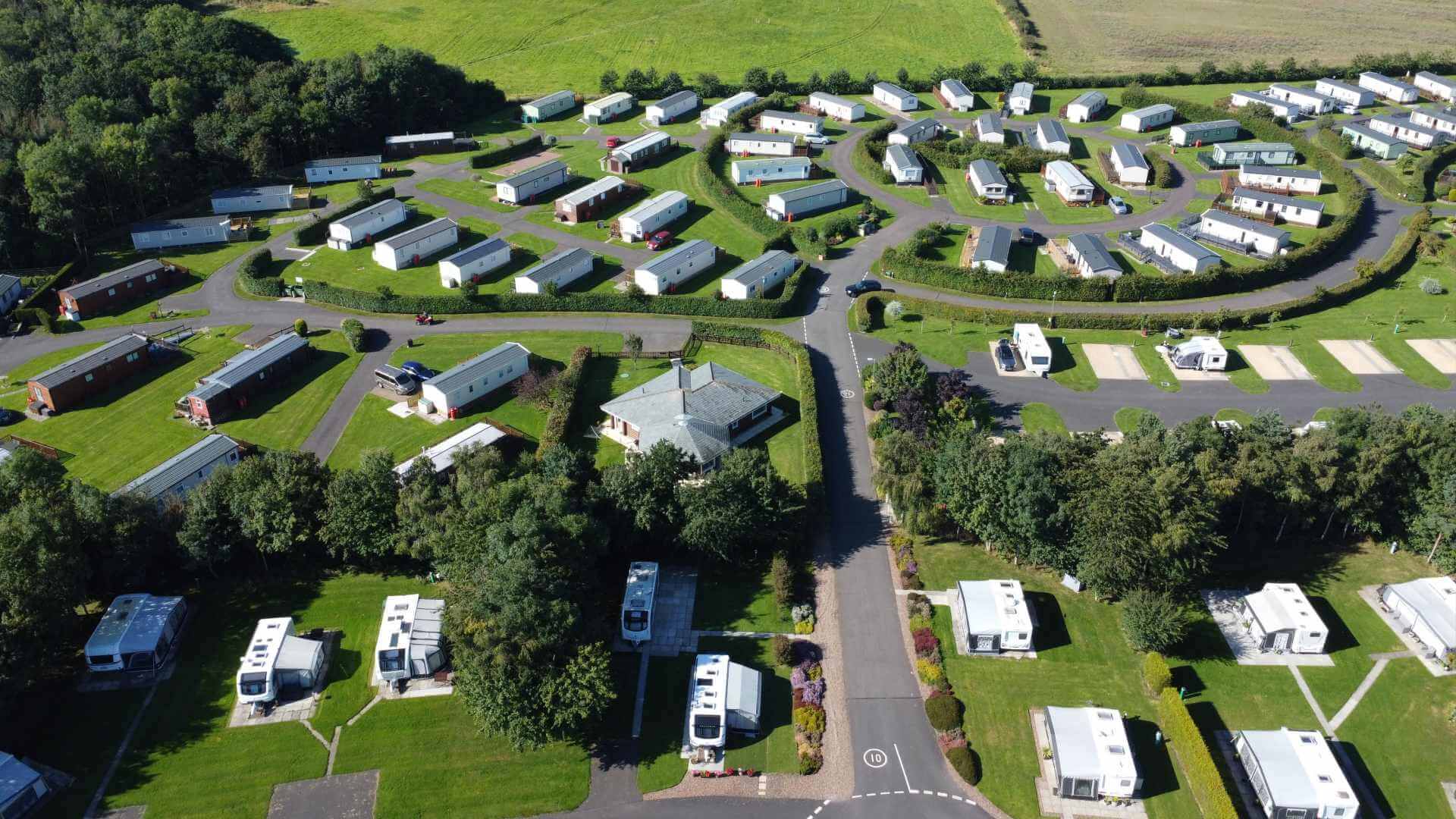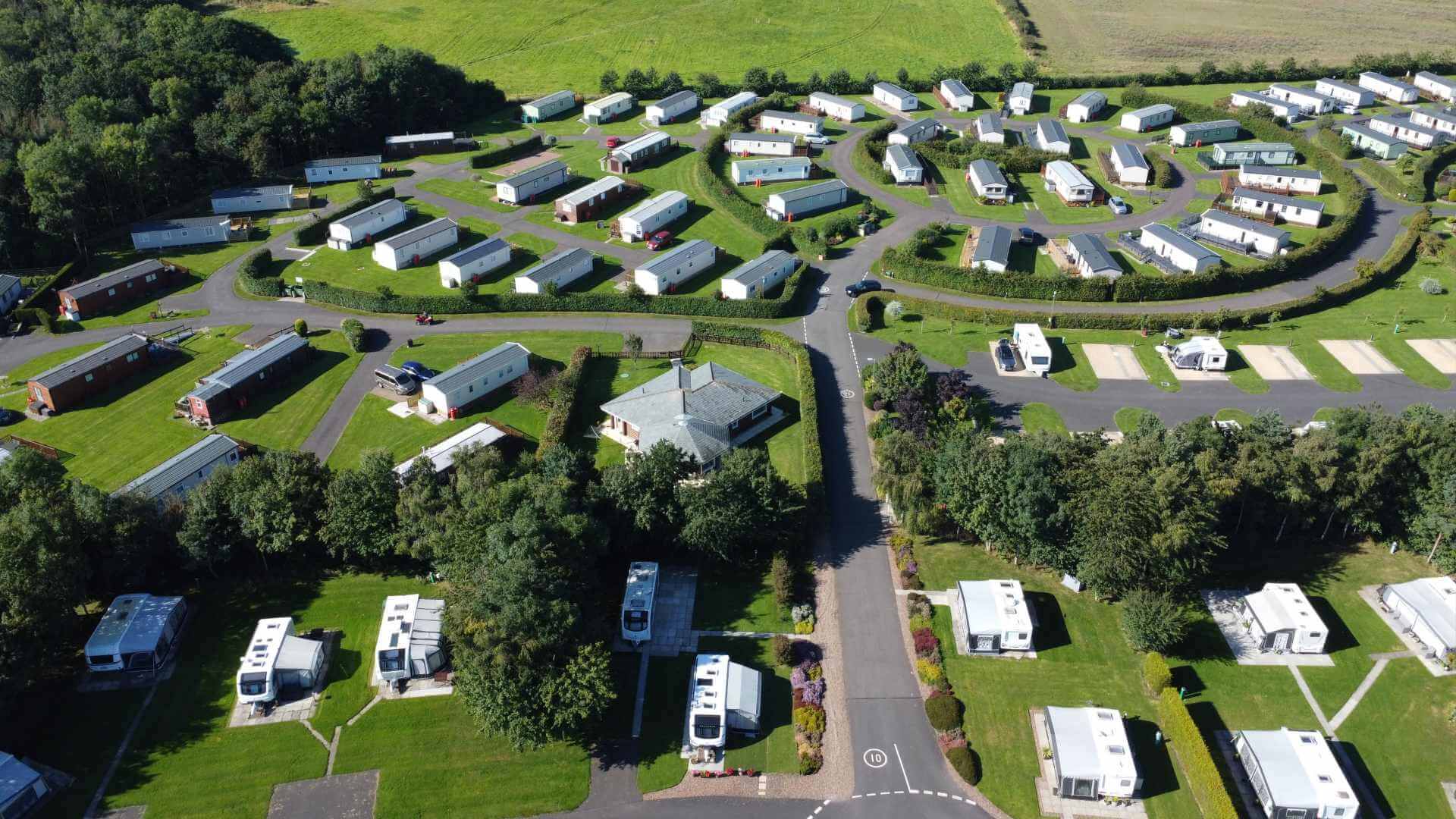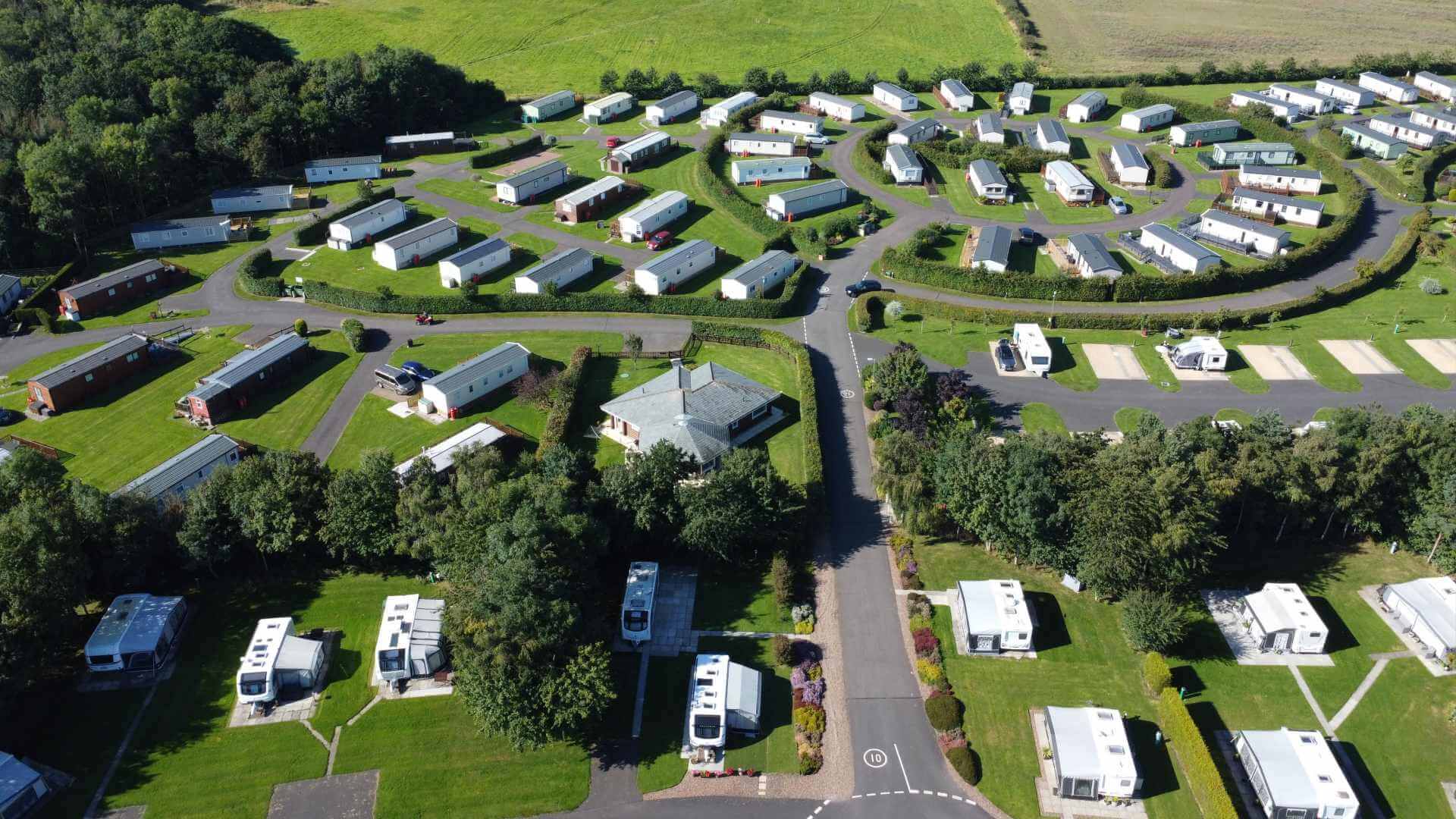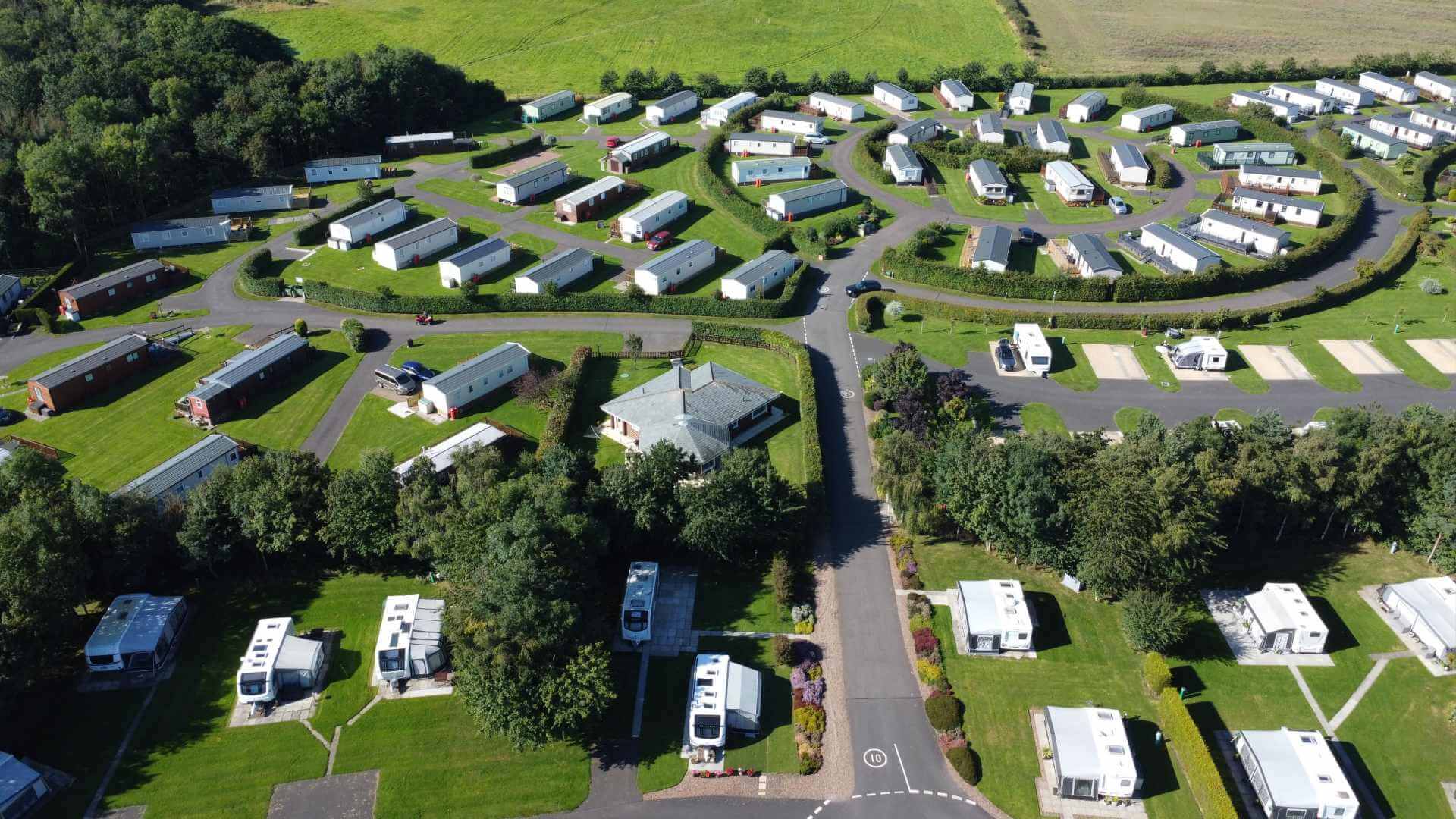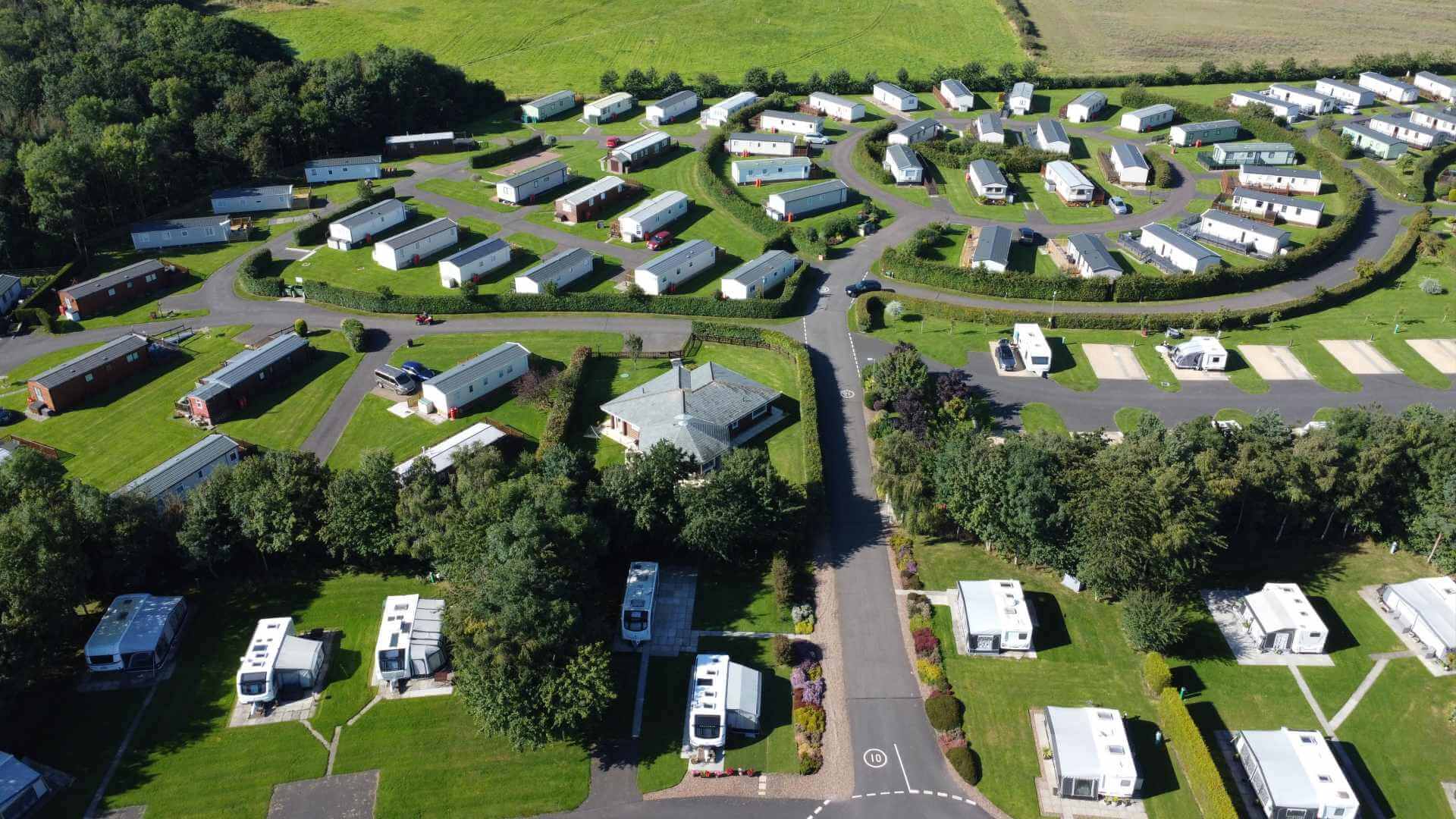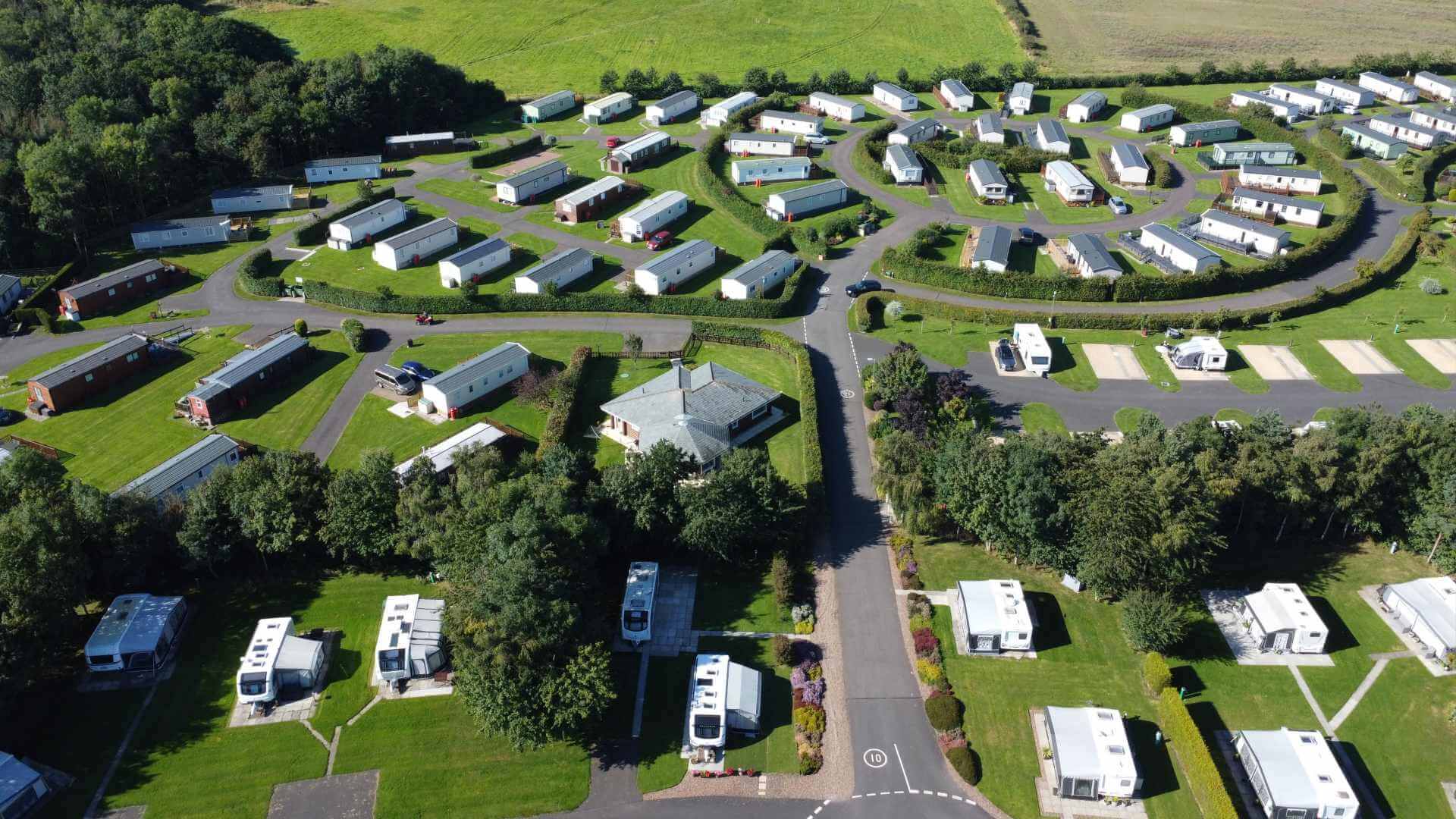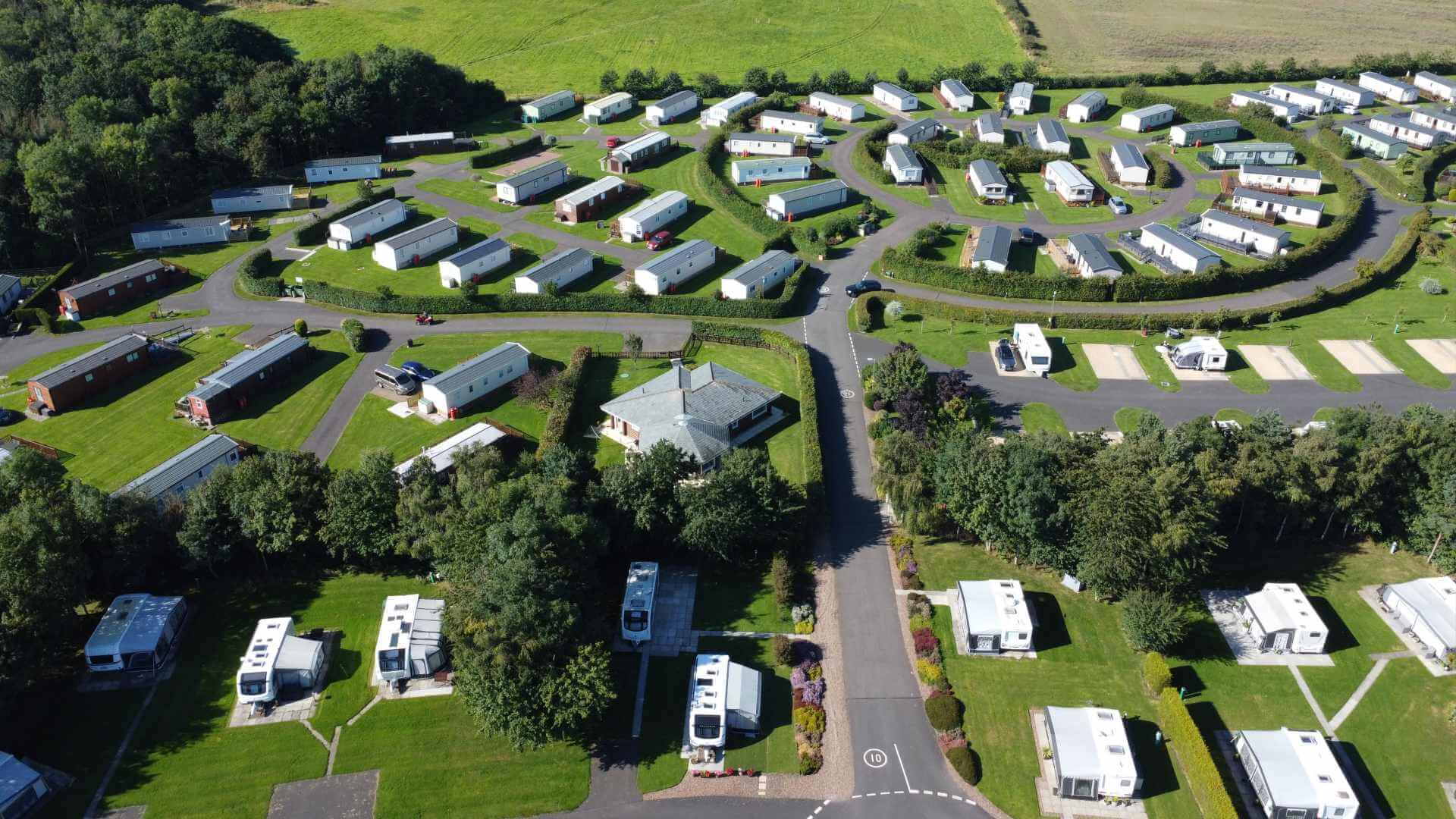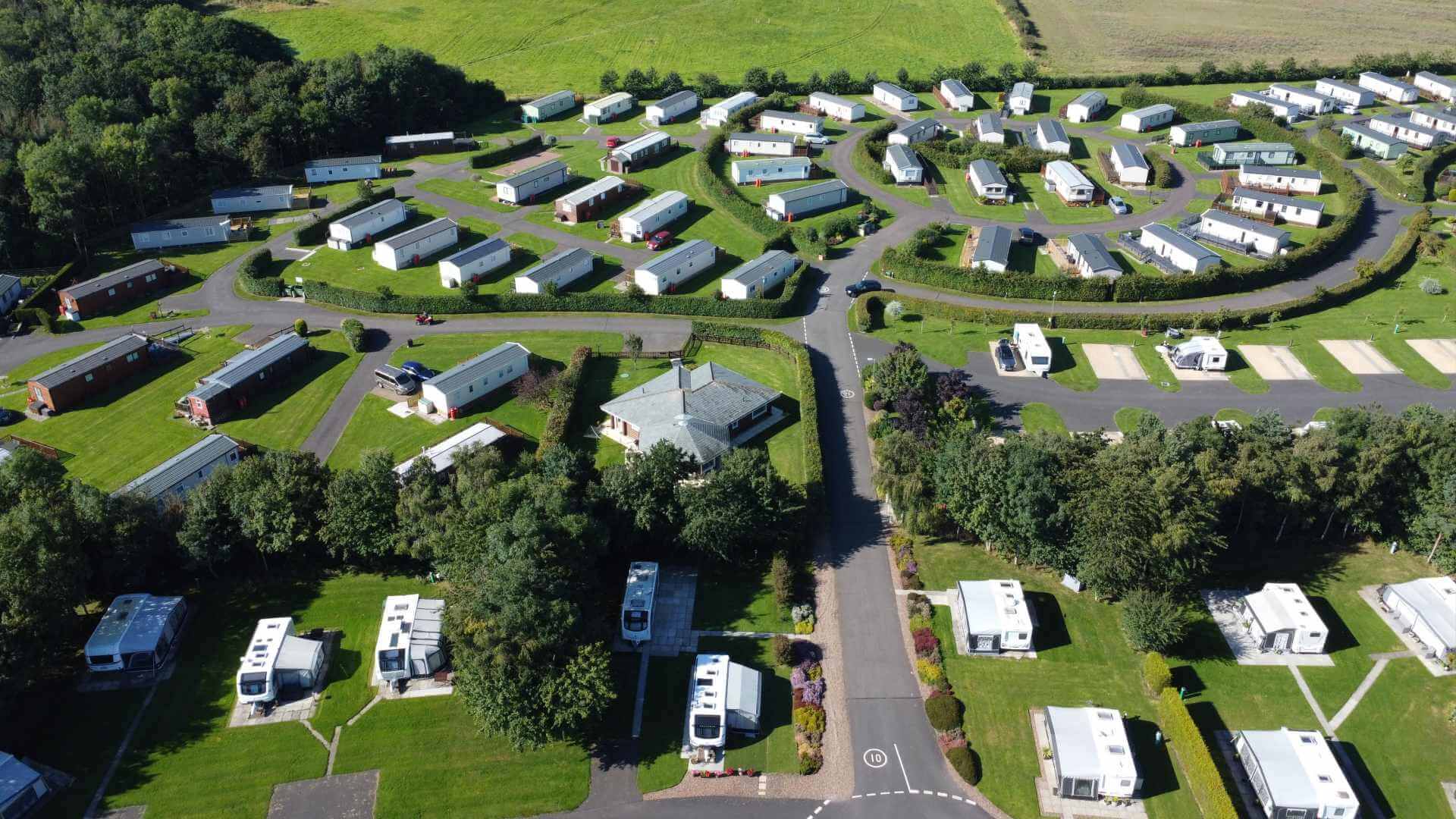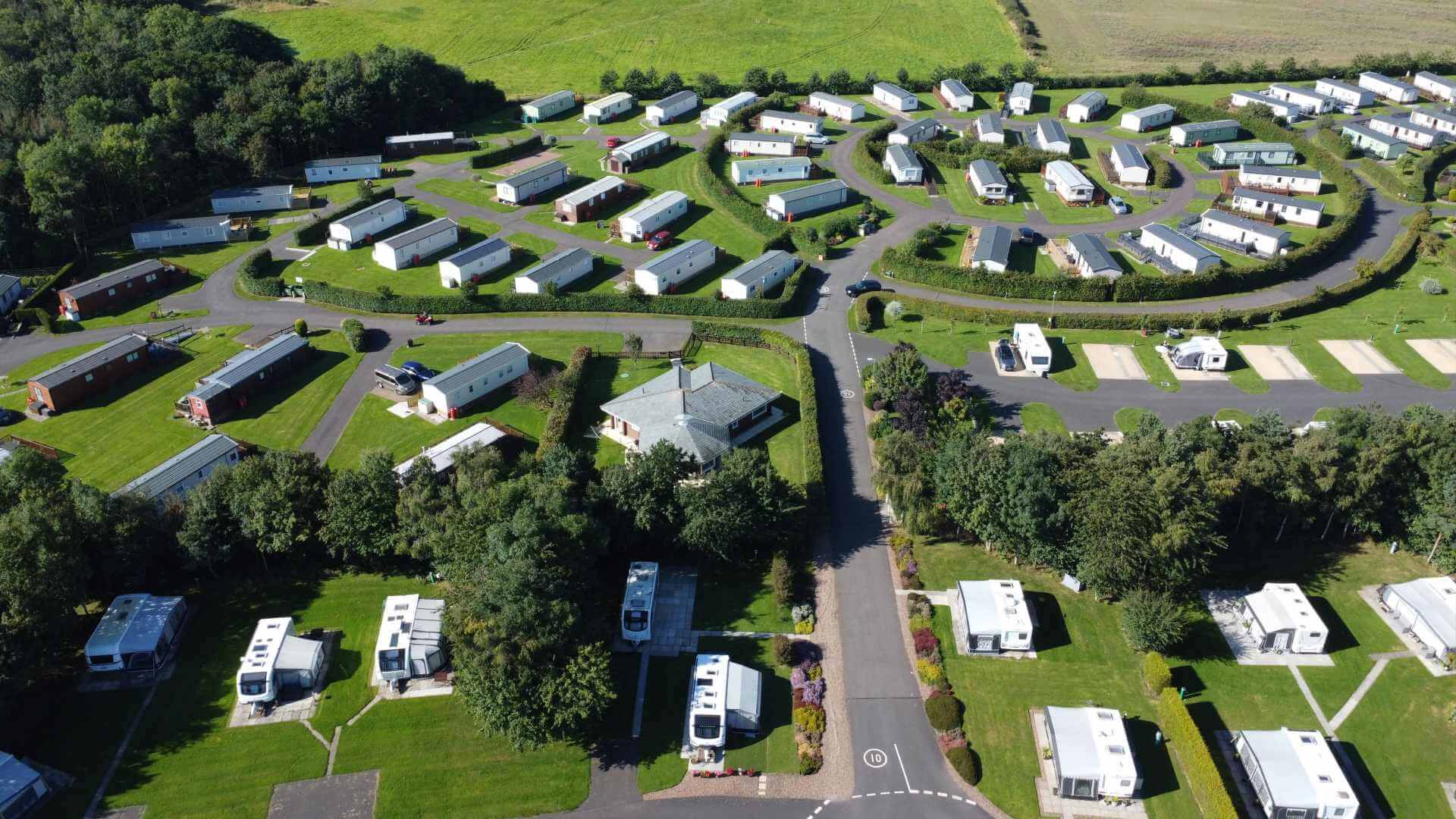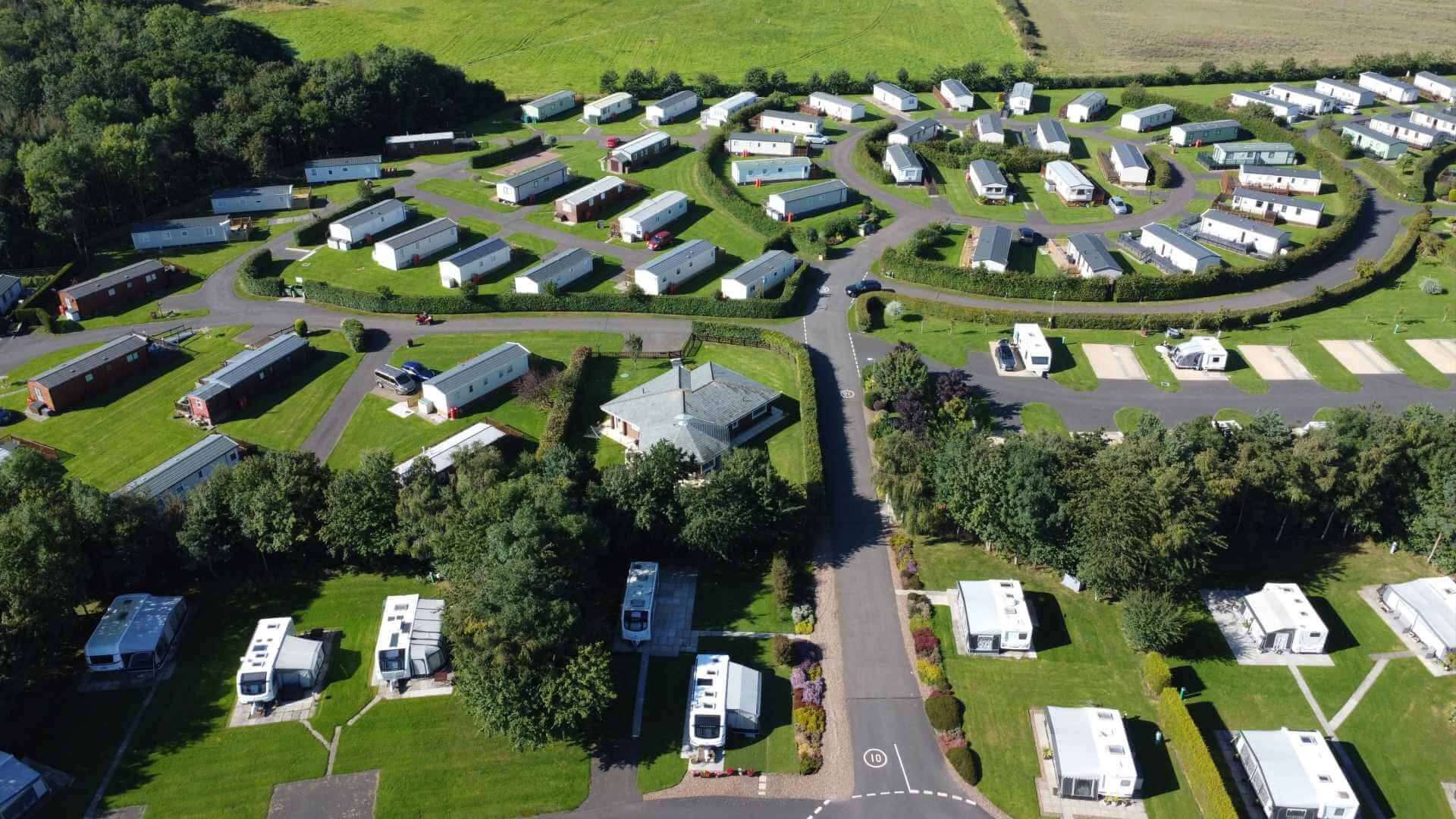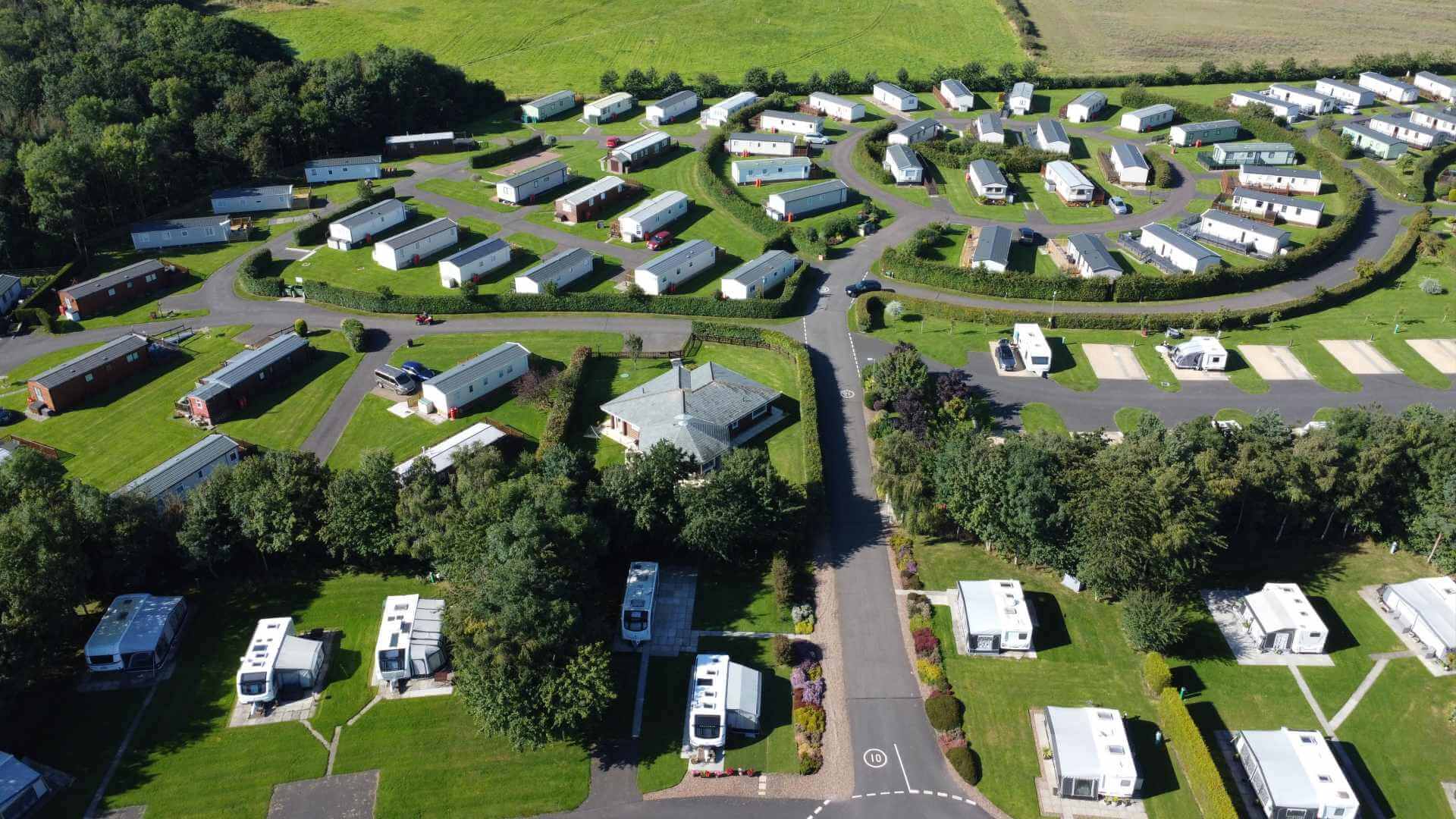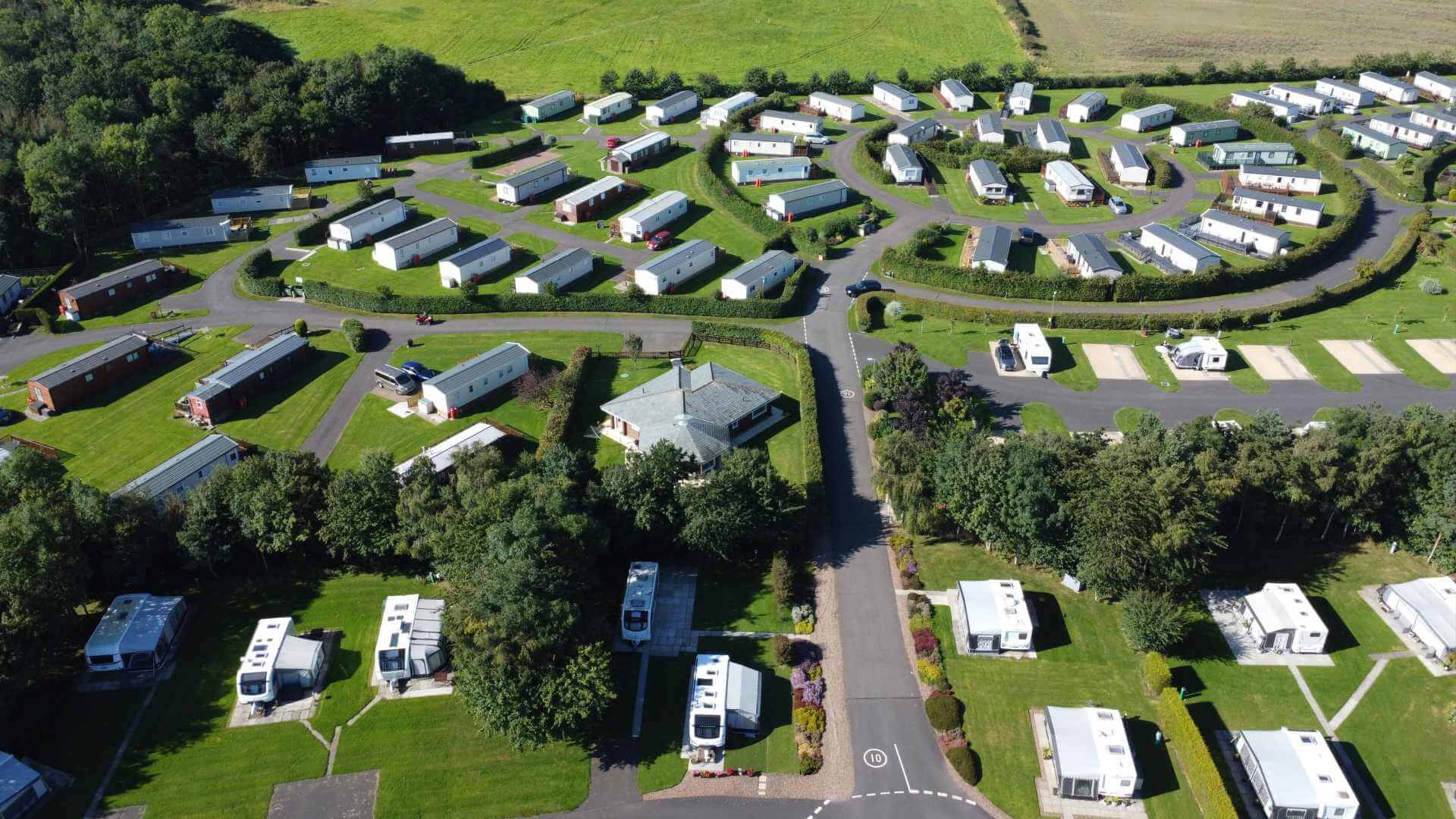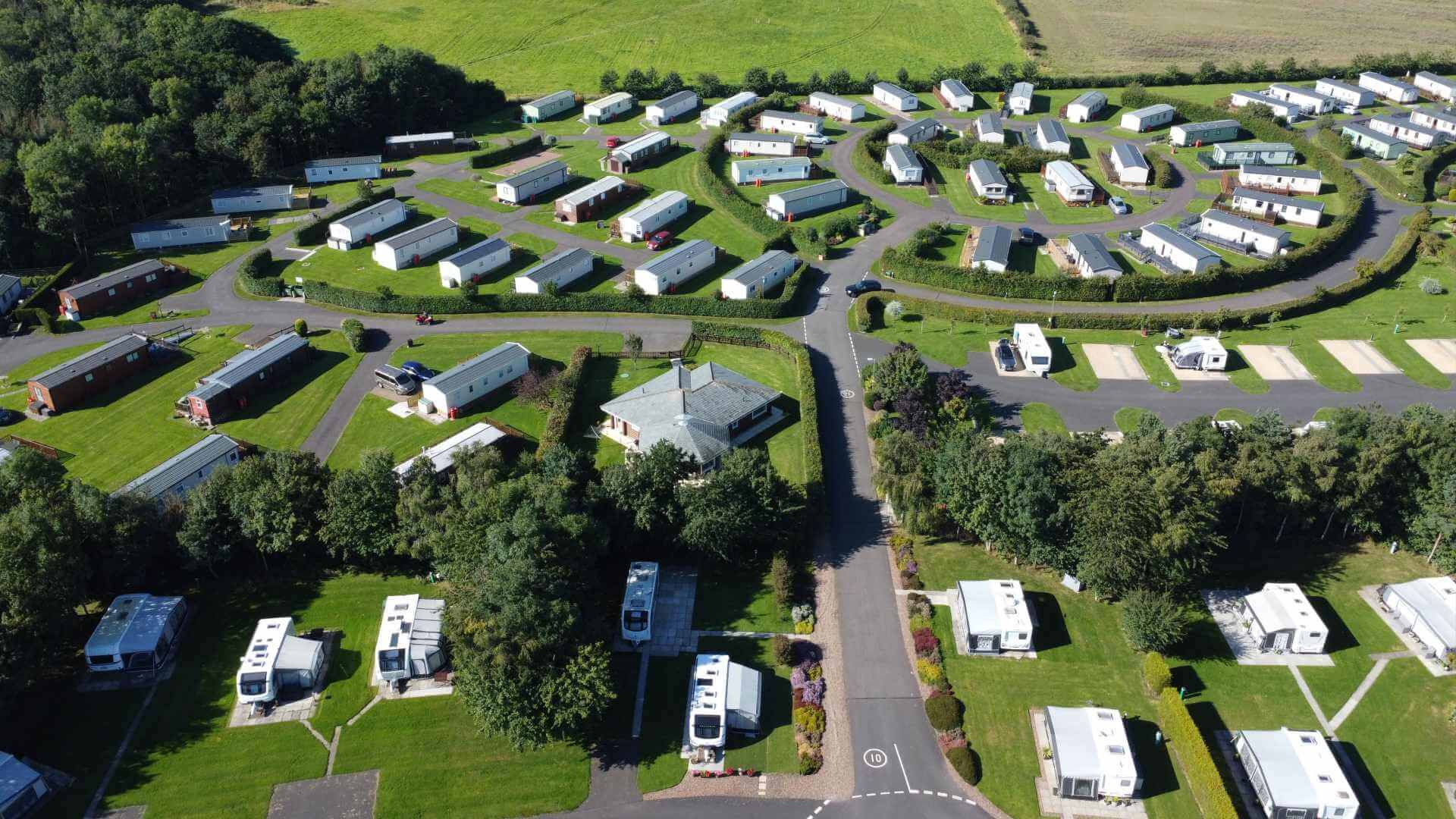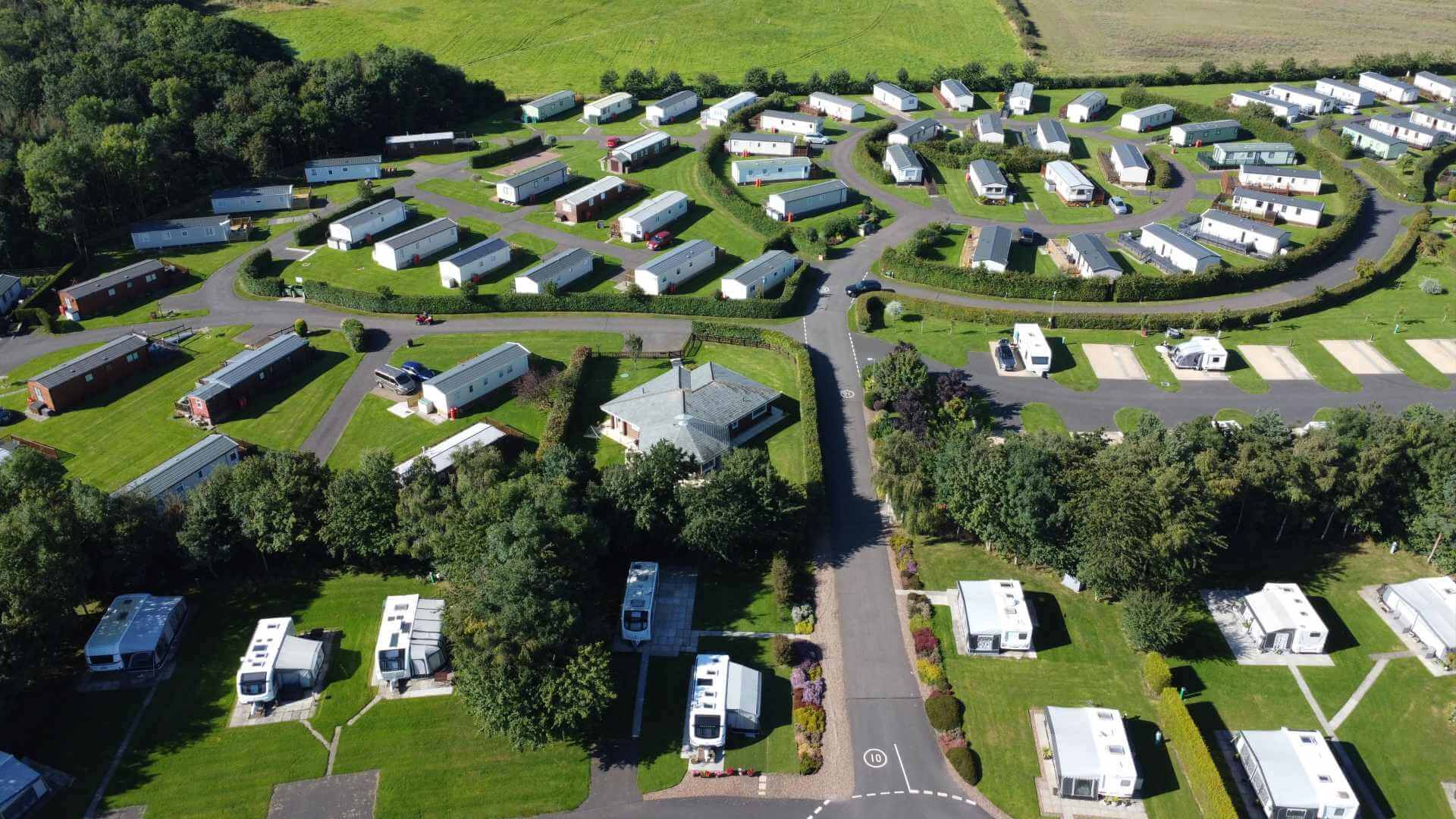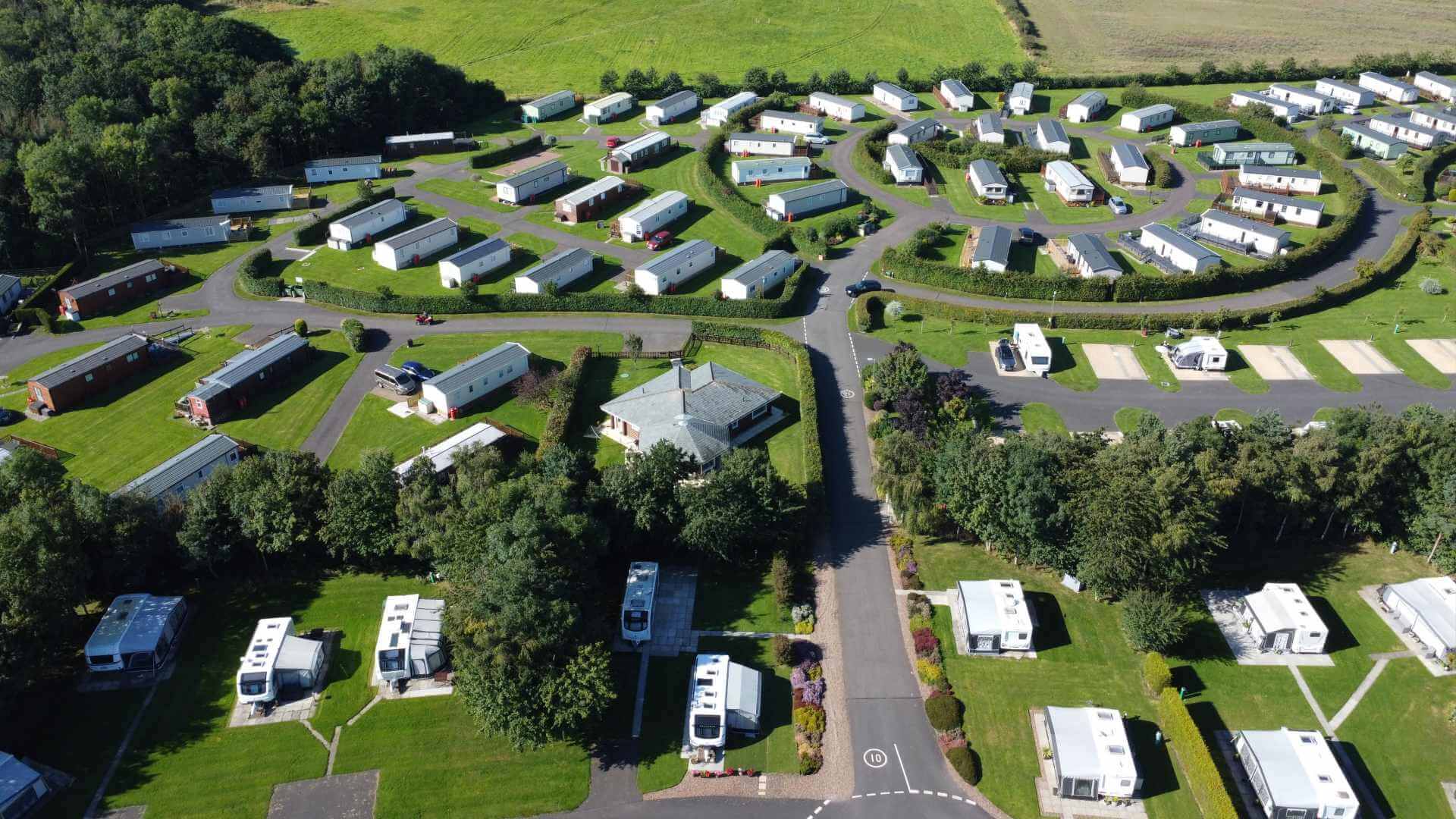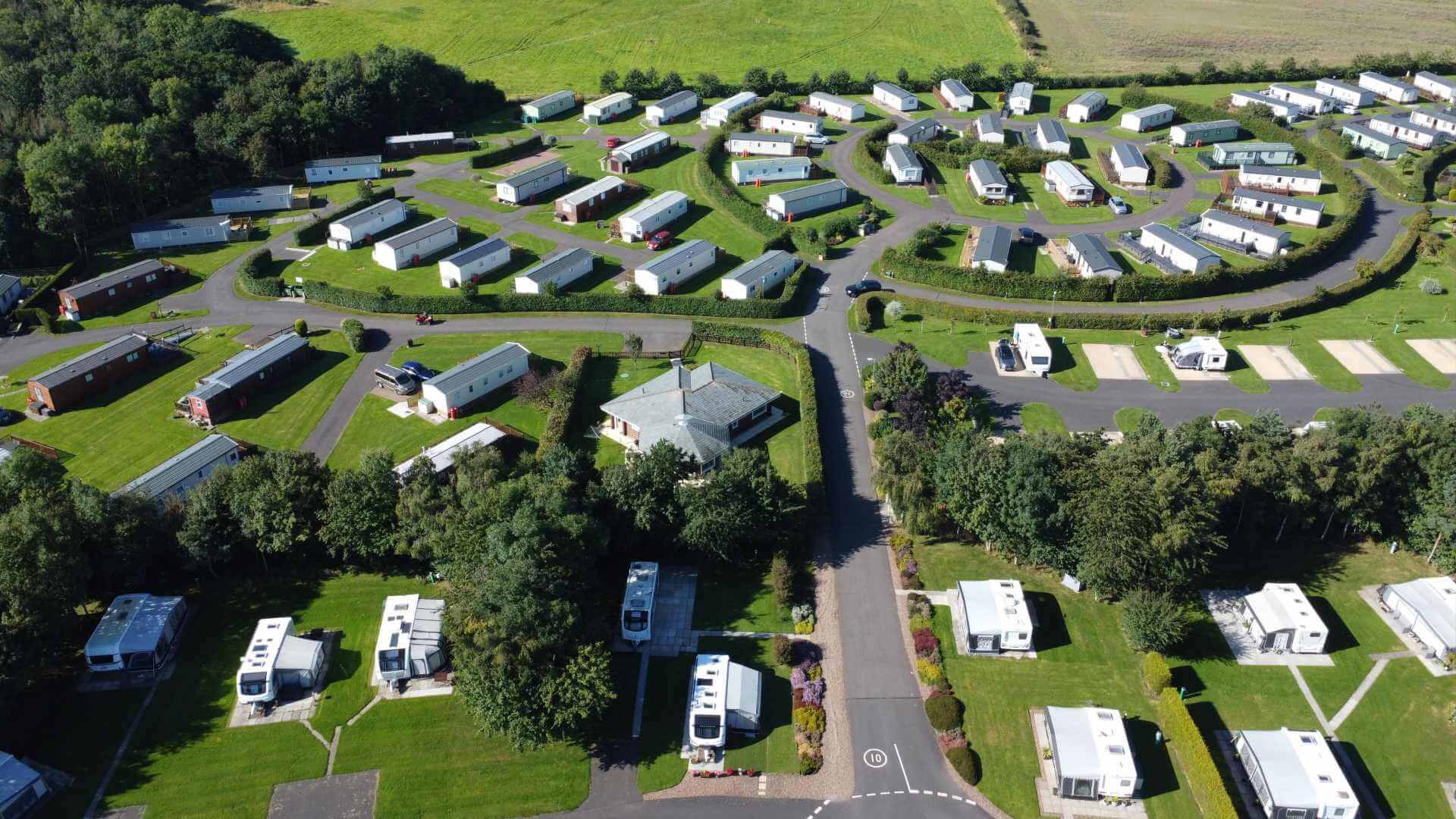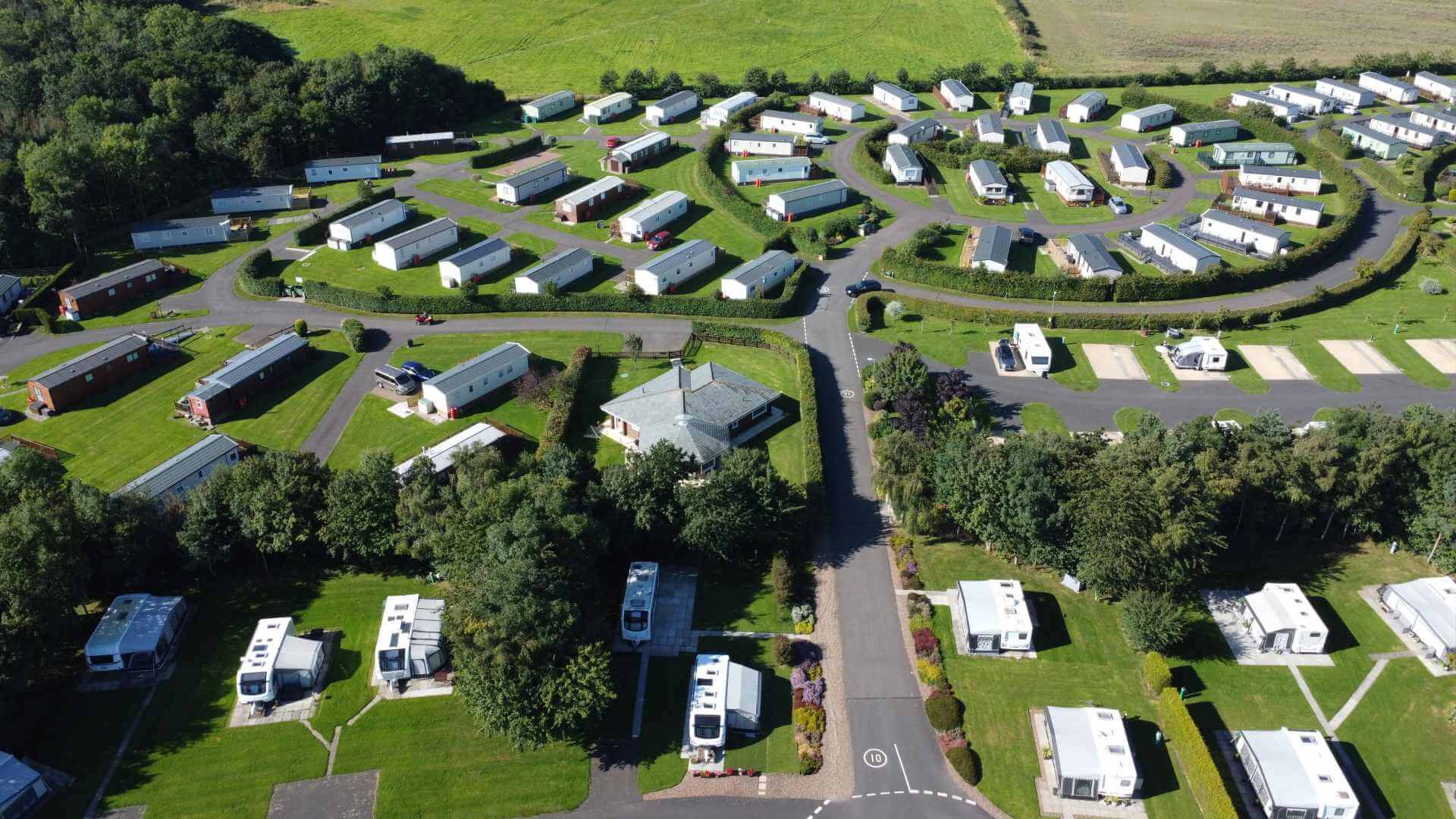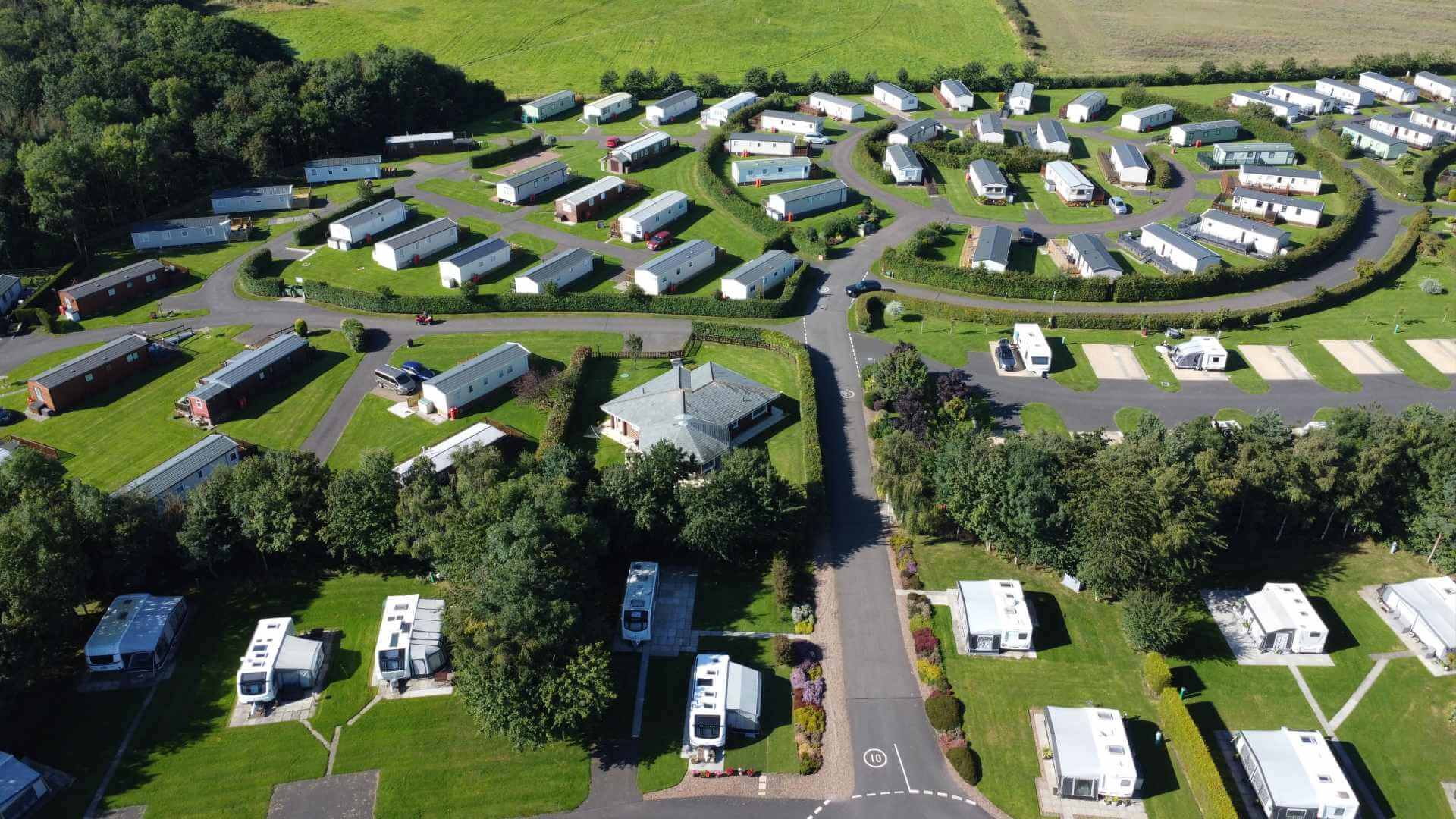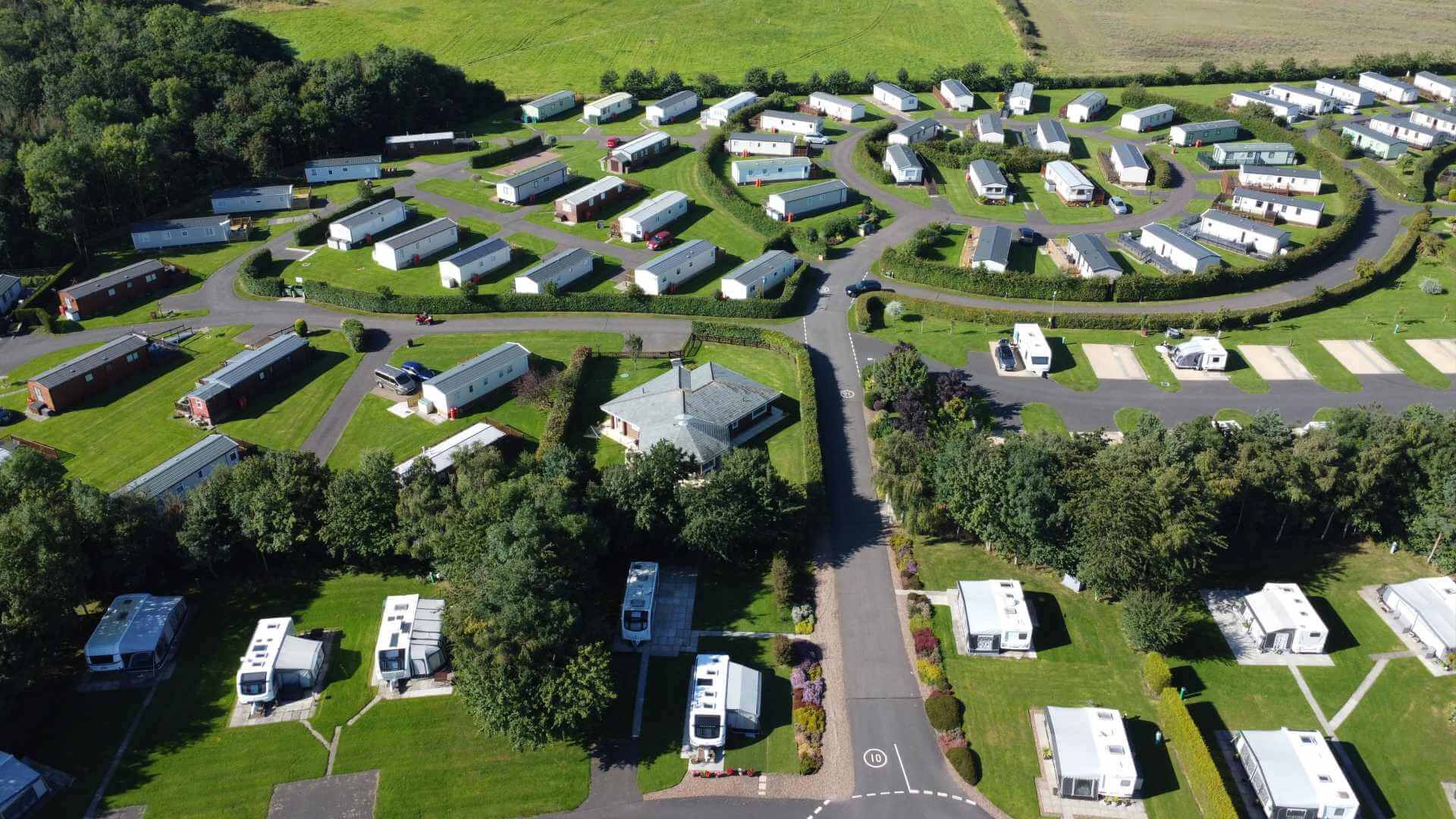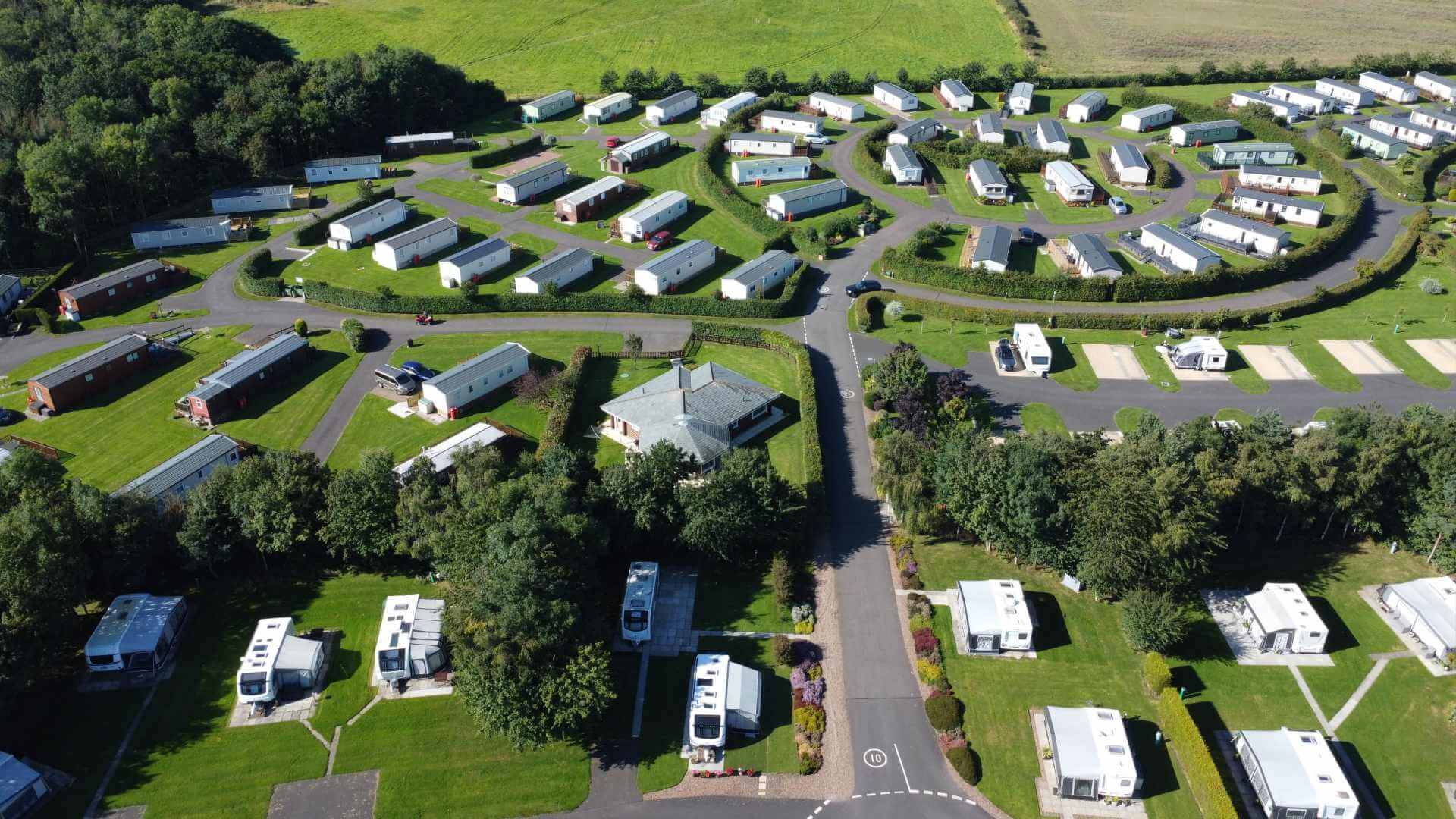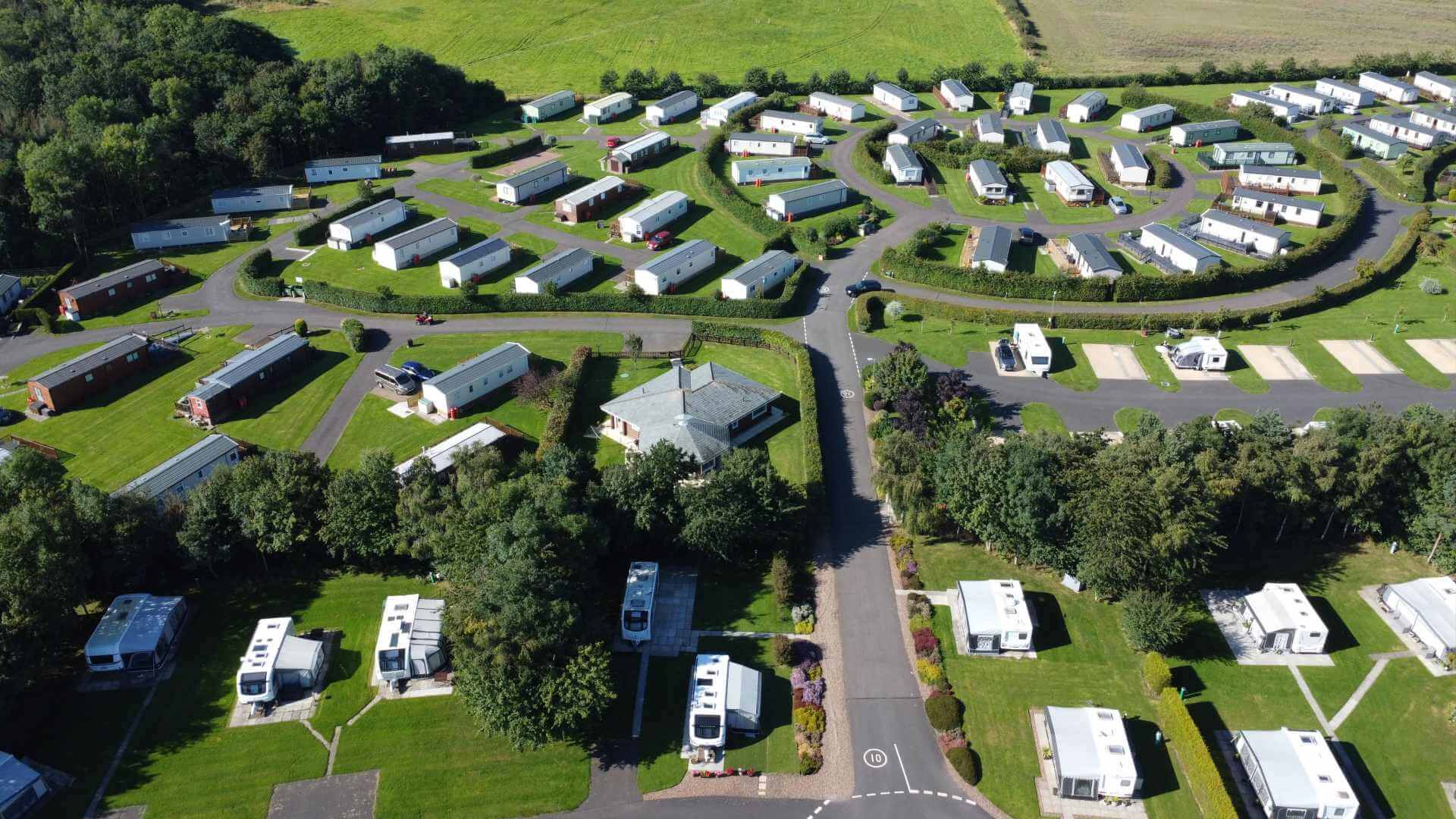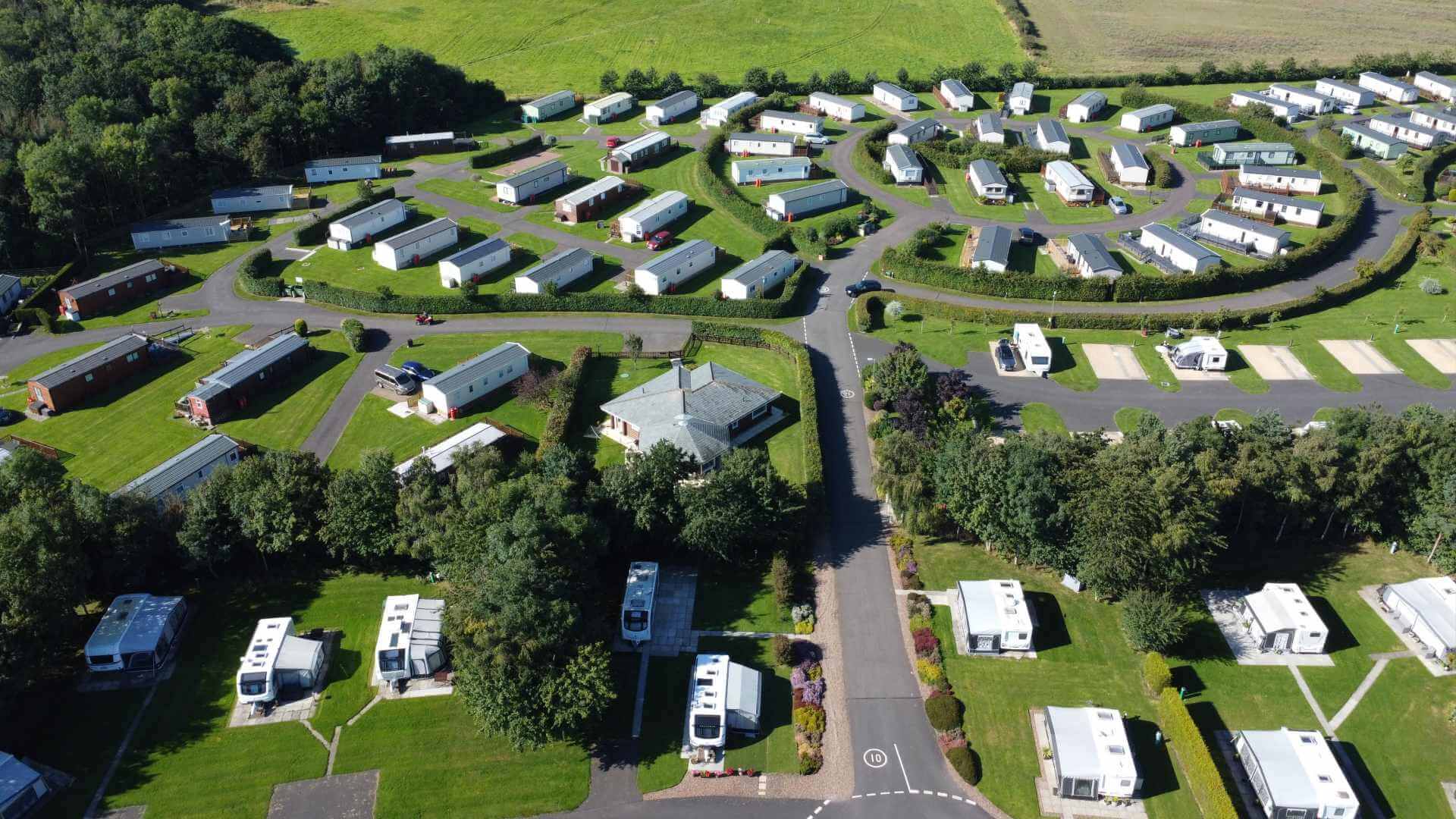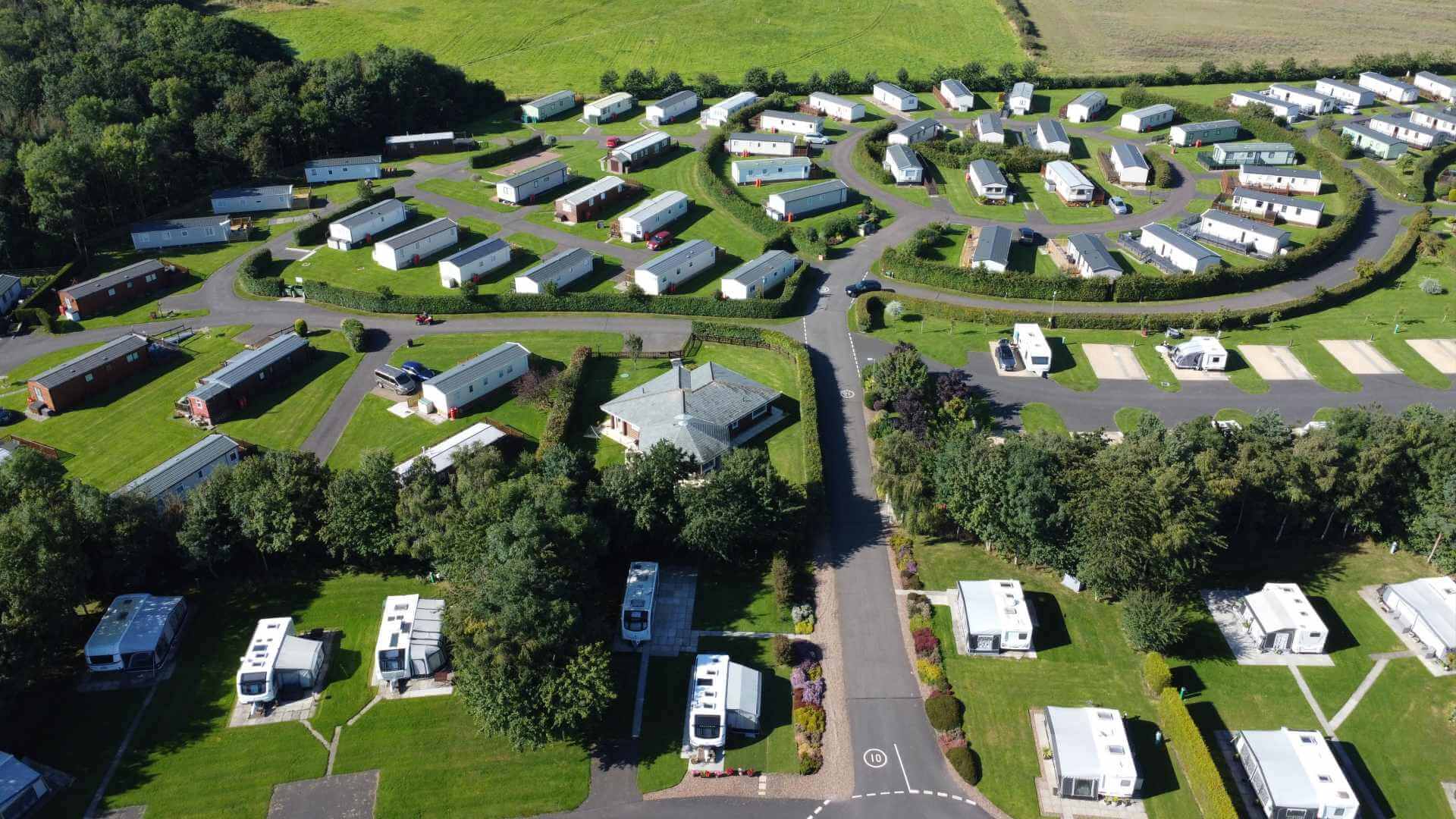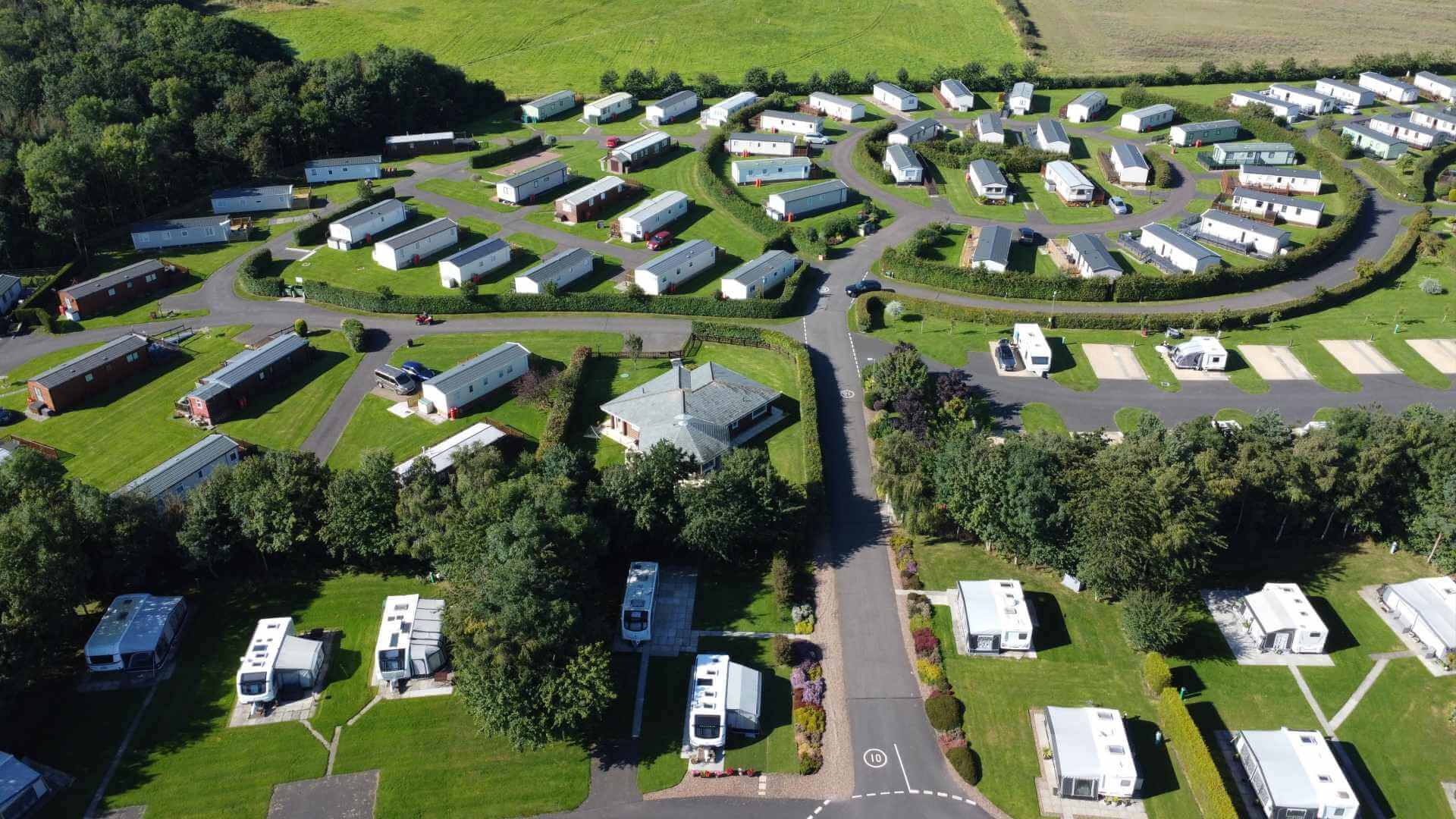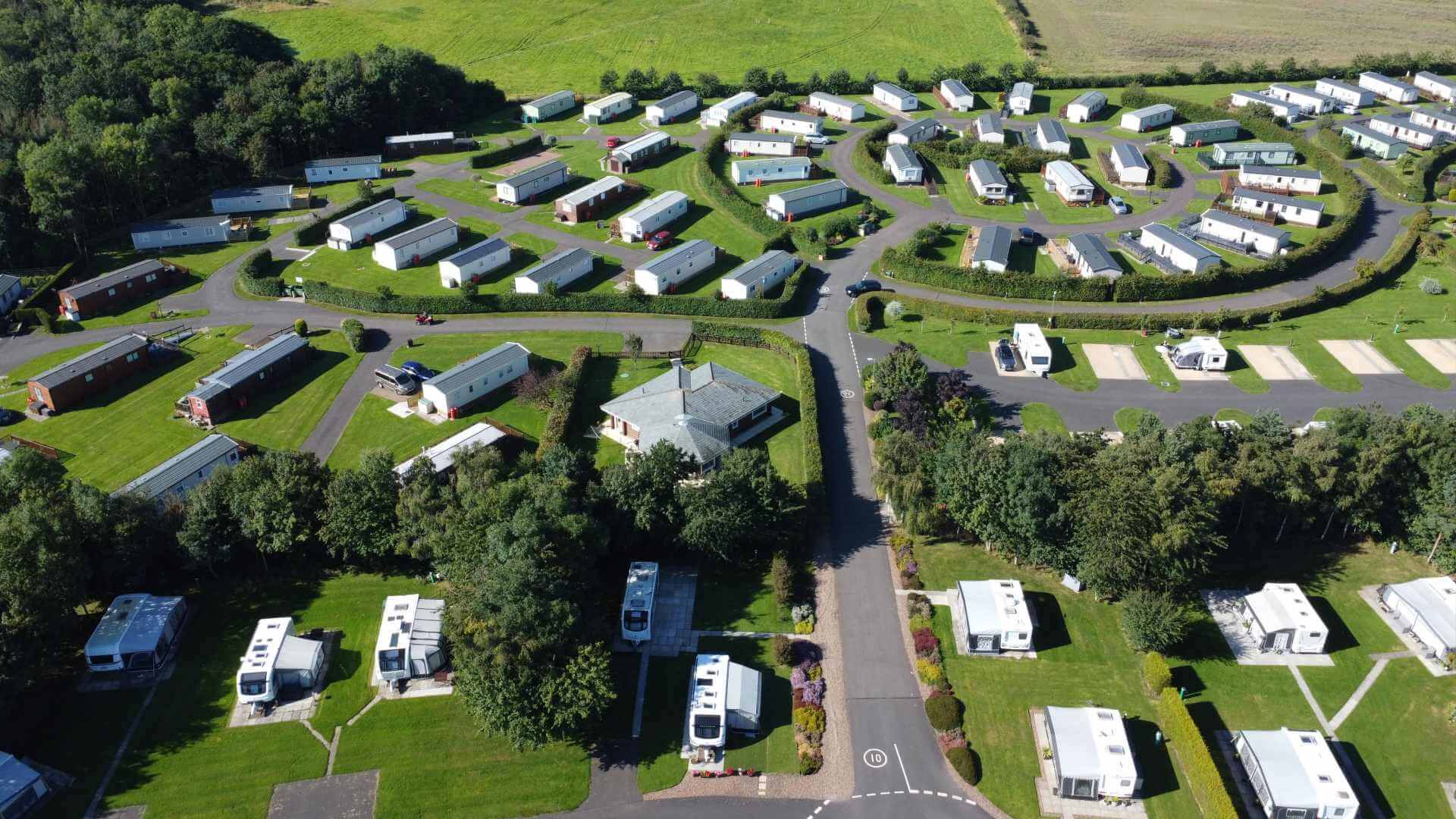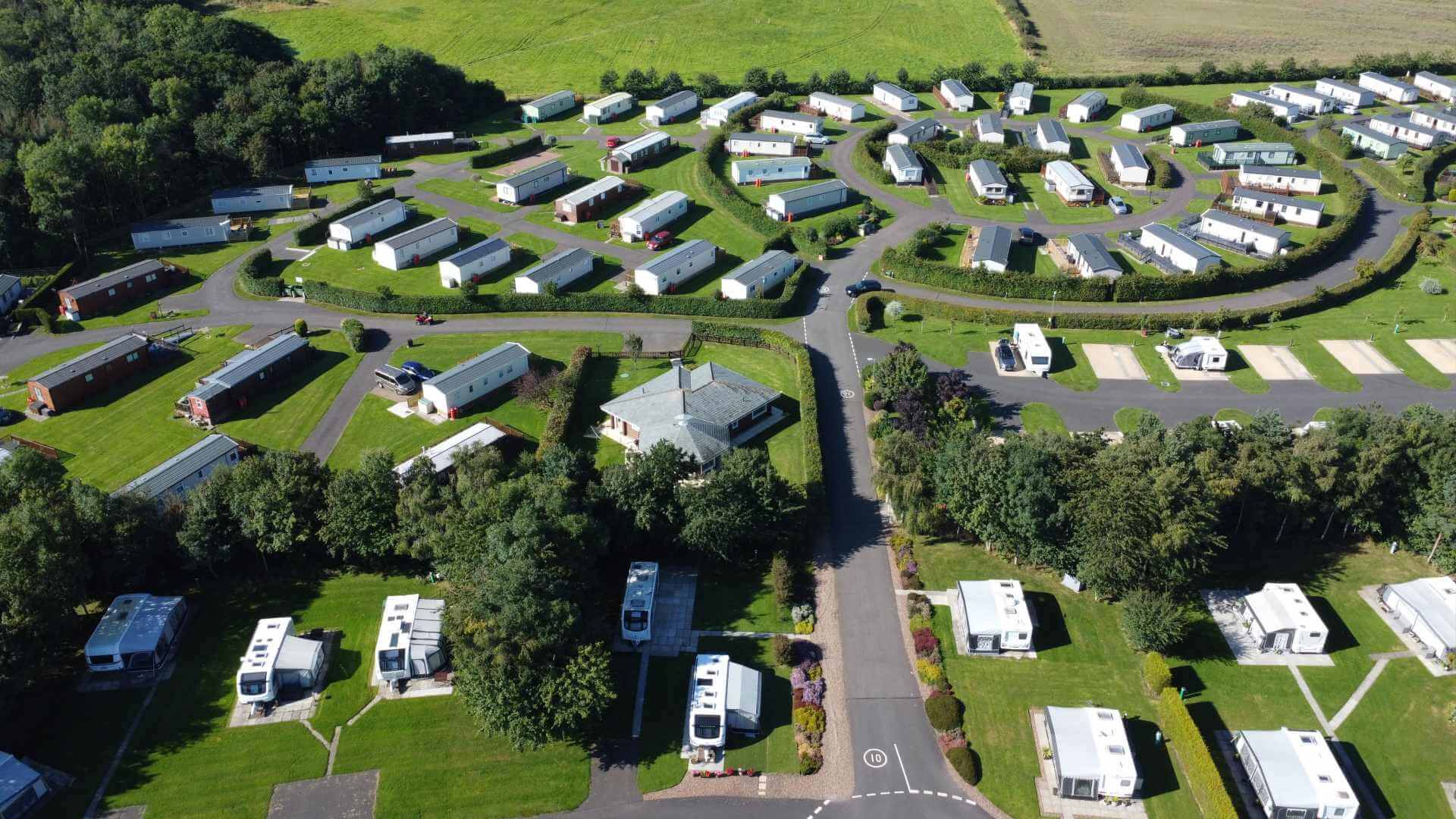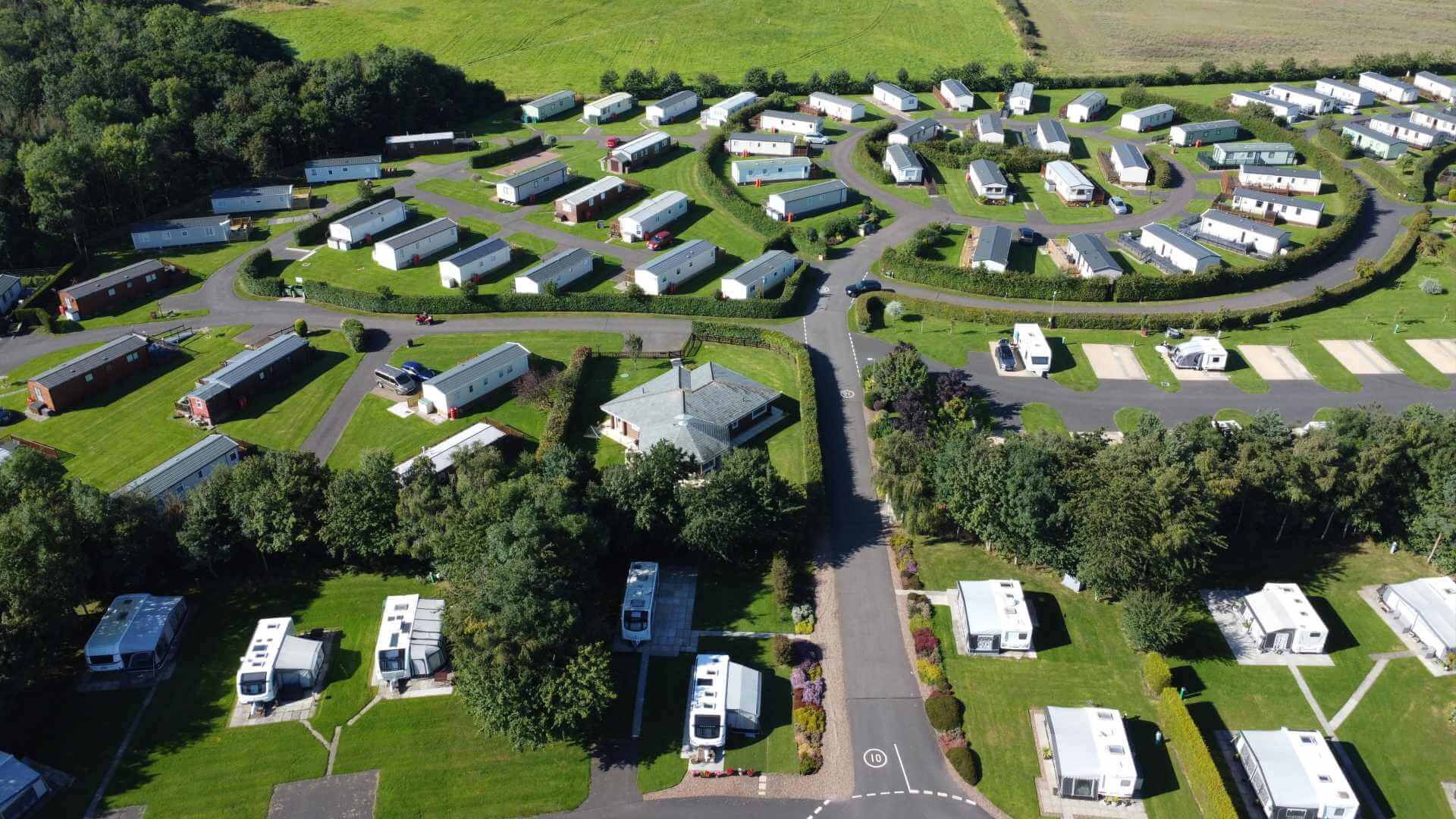Caravan parks and holiday parks face unique risks, with flooding being one of the most devastating threats to both business operations and …
Caravan Park Development Insurance: Essential Coverage for Holiday Park Developers
Introduction
Developing a caravan park represents a significant investment opportunity in the UK's thriving holiday accommodation sector. However, caravan park development projects face unique risks that require specialized insurance coverage. From construction phase hazards to operational liability concerns, developers need comprehensive protection that addresses both the development process and future operational requirements.
Understanding Caravan Park Development Risks
Caravan park development involves multiple phases, each presenting distinct risk exposures. During the construction phase, developers face typical construction risks including weather damage, theft of materials, and contractor liability issues. However, caravan parks also present unique challenges such as utility infrastructure installation, environmental considerations, and compliance with specific holiday accommodation regulations.
The development process typically involves site preparation, utility installation, road construction, amenity building construction, and landscaping. Each phase requires careful risk management and appropriate insurance coverage to protect against potential losses that could derail the project timeline or budget.
Essential Insurance Coverage Types
Construction All Risks Insurance
Construction All Risks Insurance forms the foundation of caravan park development coverage. This policy protects against damage to works in progress, materials on site, and temporary structures. For caravan park developments, this coverage must account for the extended construction timeline and the variety of structures being built, from amenity blocks to utility buildings.
Public Liability Insurance
Public Liability Insurance becomes crucial once construction begins, protecting against claims from third parties who may be injured on the development site. This coverage extends to protect against damage to neighboring properties and provides essential protection during the construction phase when public access may be restricted but not eliminated.
Employers Liability Insurance
Employers Liability Insurance protects developers who employ construction workers directly. This coverage addresses workplace injury claims and ensures compliance with legal requirements for employer responsibilities during the construction phase.
Professional Indemnity Insurance
Professional Indemnity Insurance protects against claims arising from design errors, planning mistakes, or professional negligence in the development process. For caravan park developments, this coverage addresses risks associated with site planning, utility design, and compliance with holiday accommodation regulations.
Contract Works Insurance
Contract Works Insurance provides additional protection for the physical construction work, covering damage to completed and partially completed structures. This coverage proves particularly important for caravan park developments where weather exposure can affect multiple structures simultaneously.
Plant and Equipment Insurance
Plant and Equipment Insurance protects valuable construction equipment used during the development process. Caravan park developments often require specialized equipment for site preparation and utility installation, making this coverage essential for protecting significant equipment investments.
Development-Specific Considerations
Caravan park developments face unique environmental considerations that impact insurance requirements. Sites may involve flood risk areas, coastal locations, or areas with specific environmental sensitivities. Insurance coverage must address these environmental factors and provide protection against weather-related delays or damage.
Planning permission compliance represents another critical consideration. Caravan park developments must meet specific planning requirements for holiday accommodation, including restrictions on permanent residence and seasonal operation requirements. Insurance coverage should address risks associated with planning compliance and potential enforcement action.
Utility infrastructure installation presents significant risk exposures for caravan park developments. Electrical, water, and sewerage systems must meet specific standards for holiday accommodation sites. Insurance coverage should protect against damage to these systems during installation and address liability risks associated with utility failures.
Operational Transition Coverage
As caravan park developments near completion, insurance coverage must transition from construction risks to operational exposures. This transition period requires careful coordination to ensure continuous coverage without gaps that could leave developers exposed to significant losses.
Future operational insurance requirements include public liability coverage for holiday park operations, property insurance for completed structures, and business interruption coverage to protect against income loss from operational disruptions. Developers benefit from early planning for operational insurance requirements to ensure smooth transition from development to operation.
Risk Management Strategies
Effective risk management begins with comprehensive site assessment and planning. Developers should conduct thorough due diligence on environmental factors, ground conditions, and regulatory requirements before beginning construction. This assessment helps identify potential risk exposures and ensures appropriate insurance coverage selection.
Regular safety inspections and compliance monitoring throughout the development process help minimize risk exposures and demonstrate due diligence to insurance providers. Documented safety procedures and regular training for construction personnel contribute to effective risk management and may result in favorable insurance terms.
Regulatory Compliance Requirements
Caravan park developments must comply with various regulatory requirements that impact insurance needs. Health and safety regulations, environmental protection requirements, and holiday accommodation licensing all create compliance obligations that require appropriate insurance backing.
Building regulations compliance becomes particularly important for caravan park developments, as amenity buildings and utility structures must meet specific standards. Insurance coverage should address risks associated with regulatory compliance and provide protection against enforcement action or required remedial work.
Cost Factors and Coverage Selection
Insurance costs for caravan park developments depend on various factors including site location, development value, construction timeline, and risk management measures implemented. Coastal locations or flood risk areas typically result in higher premiums due to increased weather-related exposures.
The development timeline significantly impacts insurance costs, as longer construction periods create extended risk exposure. Developers can manage costs through effective project management, comprehensive risk assessment, and implementation of appropriate safety measures throughout the construction process.
Claims Management and Support
When claims occur during caravan park development, prompt notification and professional claims management become essential for minimizing disruption to the development timeline. Insurance providers should offer dedicated claims support and access to specialist contractors familiar with holiday park construction requirements.
Effective claims management includes temporary protection measures, expedited repair processes, and coordination with ongoing construction activities. Developers benefit from insurance providers who understand the unique requirements of caravan park developments and can provide appropriate claims support.
Choosing the Right Insurance Provider
Selecting an insurance provider for caravan park development requires careful consideration of the provider's experience with holiday accommodation developments and understanding of the unique risks involved. Providers should demonstrate knowledge of construction risks, environmental considerations, and regulatory requirements specific to caravan park developments.
The insurance provider should offer comprehensive coverage options, competitive pricing, and dedicated support throughout the development process. Access to risk management resources and claims support specifically tailored to caravan park developments adds significant value to the insurance relationship.
Conclusion
Caravan park development insurance requires specialized coverage that addresses the unique risks associated with holiday accommodation development projects. From construction phase protection to operational transition planning, comprehensive insurance coverage protects developers against significant financial losses and ensures project success.
Effective insurance planning begins early in the development process and involves careful assessment of risk exposures, regulatory requirements, and coverage options. By working with experienced insurance providers who understand caravan park development risks, developers can secure appropriate protection and focus on creating successful holiday accommodation businesses.
The investment in comprehensive caravan park development insurance provides essential protection against the various risks that could otherwise derail development projects or create significant financial losses. This protection enables developers to pursue caravan park opportunities with confidence, knowing they have appropriate coverage for both the development process and future operational success.
Get Expert Advice
For specialist advice on caravan park development insurance, contact Insure24 on 0330 127 2333 or visit our website at www.insure24.co.uk for a comprehensive quote tailored to your development project.


 0330 127 2333
0330 127 2333
